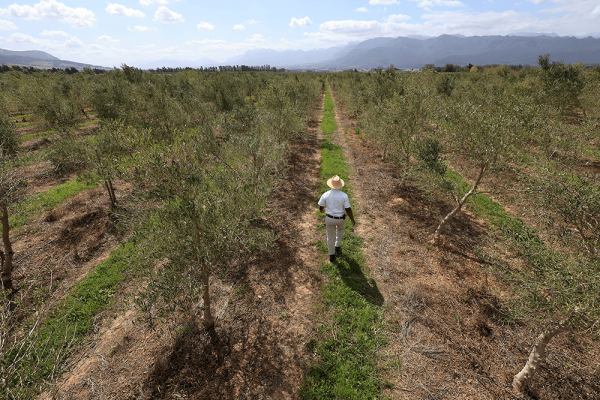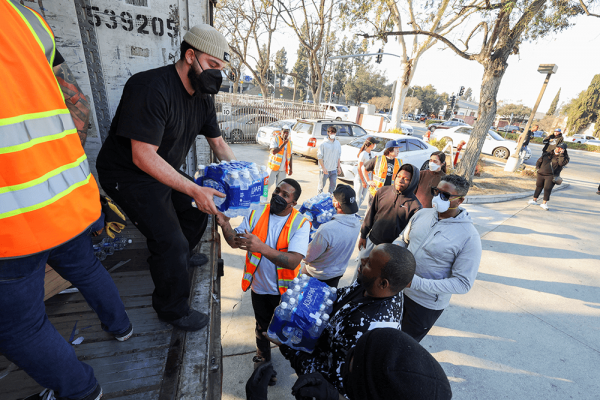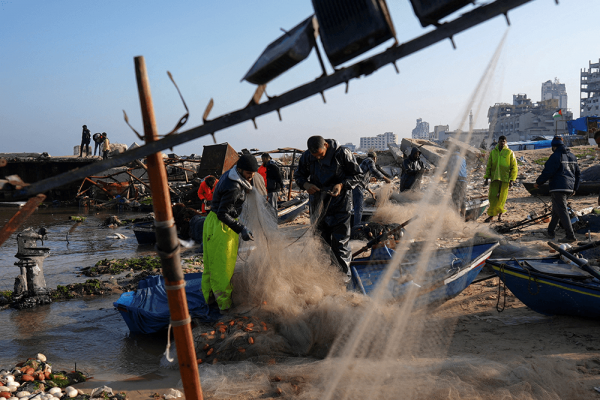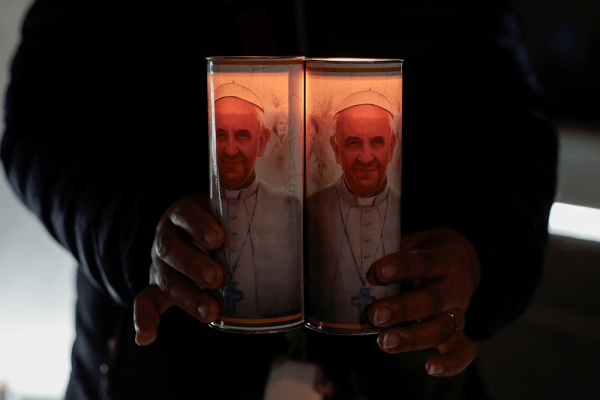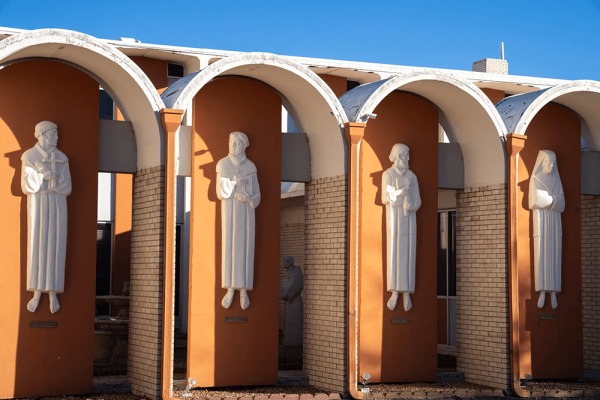In the halls of empire, men sit at gleaming tables untouched by war, they speak of peace as though it is theirs to grant. But they have never gathered their children into one room to sleep at night so that if death comes, it takes them together. They have never watched the sky split open with fire, felt the air convulse after the blast, felt the wind howl past — hot, violent, and thick with the dust and scent of obliteration. And yet, they sign their names to ceasefires, shake hands, and expect the world to applaud. They do not blush as they bankroll the demolition of homes, the bombing of hospitals, and the erasure of entire families .
During the first week of February, U.S. President Donald Trump hosted Israeli Prime Minister Benjamin Netanyahu, whois the subject of an International Criminal Court arrest warrant for committing war crimes and crimes against humanity. This meeting took place as the fragile ceasefire agreement between the Israeli occupying forces and the Palestinian militant group, Hamas, hung in the balance. Trump, never one to concern himself with the nuances of international law (or any law, really), originally floated the idea of the U.S. “owning Gaza” on Feb. 4 and then has since doubled down on this colonial fantasy, one so crude and reckless that his own administration scrambled to downplay it.
Even while wrestling with lament, I’ve wanted to move toward contributing to addressing injustice to counter the pervasive injustice that occupies so much of our news. But I’ve just not known how. I’ve felt that nothing in my sphere of direct influence is grand enough to move any kind of needle.
But being a faithful follower of Christ is, in fact, less about giving a virtuoso solo performance and more often playing a small part in a great work we cannot fully comprehend.
The U.S. has always considered itself as this New Jerusalem — a land specially blessed by God — but also one that is only available to those specially chosen. And from the establishment of the United States as a nation, as Lin discusses, this drive to only welcome certain individuals has been heavily focused on questions of race and national origin. The notion that the U.S. is a nation that welcomes immigrants is a myth that contradicts historical record. Instead, our “[i]mmigration and naturalization laws serve ultimately to create the ideal population as conceived by those who set policy and legislate,” Lin writes.
An executive order from the White House took aim at recent policies in South Africa designed to heal old wounds left over from apartheid. Now, a group of white South African religious leaders are pushing back on President Donald Trump's claims.
Autocracies begin at the ballot box. Donald Trump is the legitimately elected president of the United States who, in his first weeks in office, has used illegitimate and illegal actions to solidify his power. He has brazenly declared, “He who saves his country does not violate any Law.”
But while he is the first U.S. president to display such public contempt for the structures, institutions, and civil servants he has been elected to lead, his tactics aren’t unique.
Pastor Ben Squires did not have “baseless allegations of money laundering by Lutheran social service agencies” on his 2025 bingo card.
And yet, in the early hours of Sunday morning, Feb. 2, Squires found himself reading a flurry of social media posts about Mike Flynn’s unfounded accusations and billionaire Elon Musk’s promise that the Department of Government Efficiency would be “rapidly shutting down” supposedly “illegal payments” to a list of Lutheran groups including Global Refuge (formerly Lutheran Immigration and Refugee Services), Pacific Lutheran University, and Lutheran Social Services organizations in Florida, Wisconsin, and South Dakota.
Amid the fragile ceasefire, the exchange of hostages, and the temporary pause in Israel’s genocidal onslaught against Gazans, nearly six hundred Christians huddle together in one of Gaza’s battered churches, their prayers rising above the rubble as a defiant testament to their faith and resilience. Among them, Gazan Christian George Antone boldly declares, “For us, as Christians, we are not leaving Gaza. We will remain in Gaza and help people in Gaza reconstruct their houses, rebuild the streets. Yes, we will stay in Gaza. We are not leaving.”
Antone’s words stand in stark contrast to the explosive press conference at the White House on Feb. 4, when President Donald Trump brazenly suggested that the United States should “effectively own” Gaza, proposing to turn it into a real estate venture while displacing Palestinians from their homeland and relocating them to neighboring countries.
Pope Francis has shown the onset of double pneumonia, further complicating treatment for the 88-year pontiff, the Vatican said on Tuesday.
I’d wager that whether you are new to Sojourners or a longtime subscriber, you probably have a deep admiration for the late Salvadoran archbishop and liberation theologian, St. Óscar Romero. And if you don’t, then you’re about to.
Across the U.S., 40 dioceses and religious orders have declared bankruptcy. The first was the Archdiocese of Portland, Oregon, in 2004. The most recent was the Diocese of Burlington, Vermont, in late September 2024. The cases vary, but they have one thing in common: The day the diocese filed its petition for bankruptcy is a new benchmark — no one is allowed to file claims against the church for abuses that happened before that date, even if a given state retroactively extends the statute of limitations.



